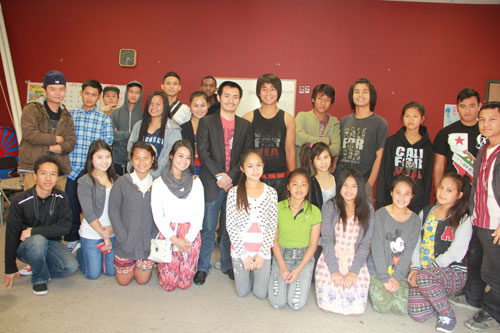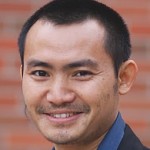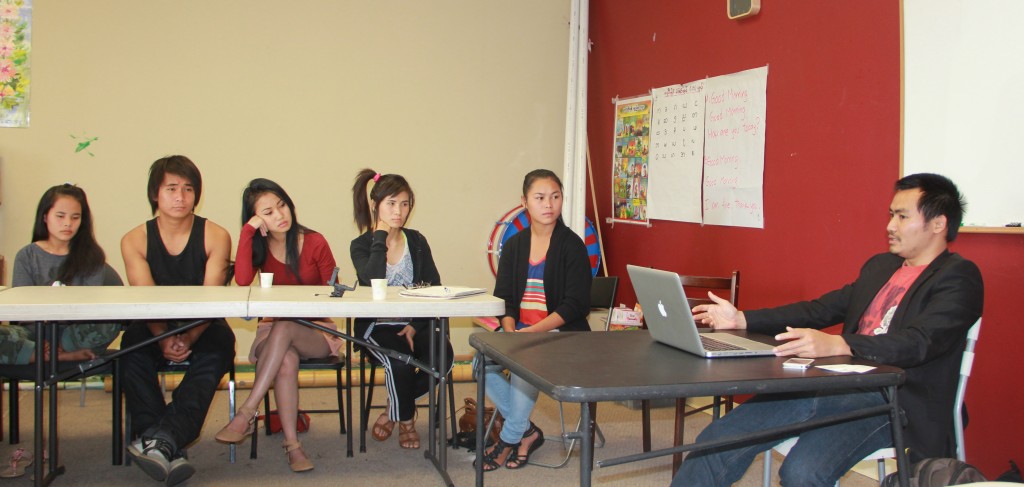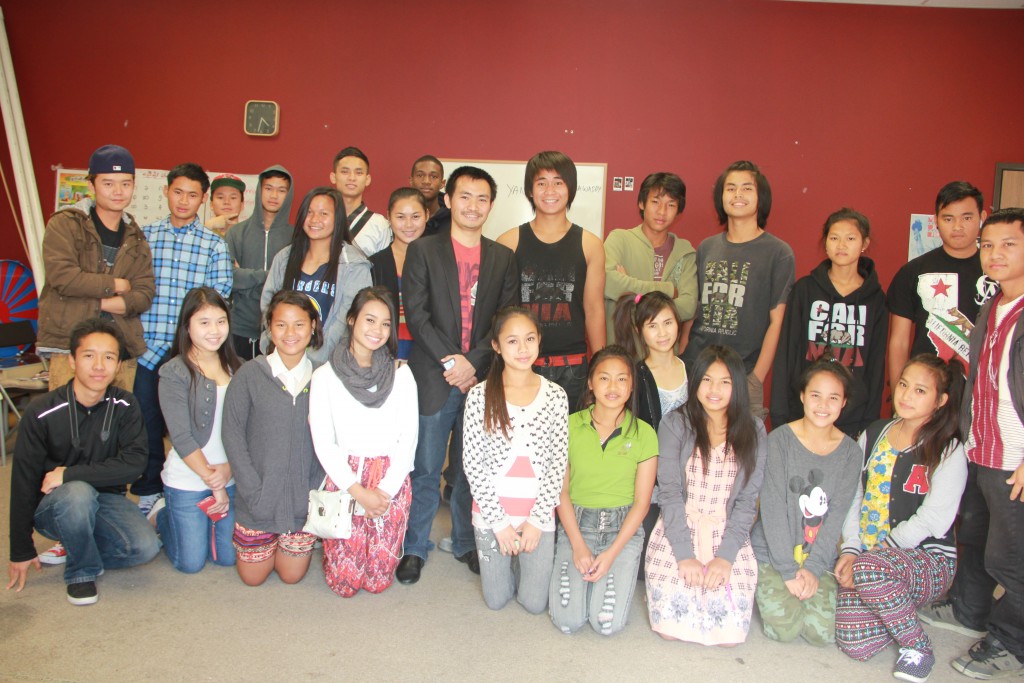I recently met with more than 20 Karen teenagers in San Diego, a refuge for members of the ethnic minority who fled persecution in Burma.
Some of the refugees who brought their children with them have lived in the coastal city for as long as nine years, and an organizer told me that many of the Karen youth don’t know about their history. Some have almost forgotten how to speak its mother tongue, or just don’t speak it at all.
In a room at the Karen Organization of San Diego’s office, we had an interesting conversation about issues ranging from the roots of their ethnic group to their individual dreams. They’re all high school or college students, and some want to become doctors or lawyers; others want to be business operators, social workers or translators. A few said they want to contribute to their society by any means they can.
I talked about the political dynamics in Burma and how Karen leaders are now engaging with Burmese government representatives as part of the peace process. I shared my experiences growing up in poverty as a Karen refugee in Thailand and overcoming challenges to become a professional journalist.
I’m happy that these youth are indeed interested in hearing about Karen history and eager to help and contribute to their society. While many teenagers in southern California end up getting involved with drugs, gangs, street fights and other criminal activities, these young Karen people seem to be avoiding those pitfalls and gather every weekend for meetings and activities.
I told them I believe networking has been a powerful tool for my success, and meeting new people always has benefits. The most important practice, I said, is to listen and learn from others and try to discover anything new when meeting people, even if he or she is a boring speaker. I encouraged them to discuss ideas, tactics and commitments.
One asked me what tactics to use to get people’s attention. I suggested that he keep brainstorming and turn ideas into reality. I encouraged him to be committed and dedicated to his aspirations. I told him to be creative and unique and be motivated so that he will achieve his goal one day. I encouraged him to use social media tools and share things that people may want to read and see.
I was happy to see that my people, especially the youth, have bright futures in a land of opportunity. They’ll have more chances living in the United States than they would being stuck in refugee camps in Thailand.
Some of them arrived in America as kids, so their English is perfect and their accents, of course, are much better than mine. They receive a formal education and get the opportunity to go to college. These are golden chances they wouldn’t have if they were in remote displacement camps in Burma or in refugee camps in Thailand.
I also found out that some parents of these teenagers came to America for the sake of their children, not for their own well-being. They dealt with a lack of education, a language barrier and culture shock and do not really enjoy living in the United States. They moved here because they wanted their children to be educated and have good lives.
One father said, “We can’t help them much (in their education) because we were born in a village and lack education. In refugee camp, we can’t imagine to touch a car. We moved here as we see brighter opportunities for our children.”
Parents of another student told me that they can’t speak English even though they have been living in the U.S. for four years, and that it is hard for them to find jobs in a place like San Diego. Some said they were too old to learn English and gave up studying the language. They often find it difficult to adapt to the American way of thinking in order to be independent. But the Karen people rely on each other for help.
Gary Weaver, a professor at American University in Washington, D.C., told me during a presentation at the Missouri School of Journalism that immigrants might not do well in the American education system, but in general the second and third generations of immigrants do great. They become educated and contribute to American society. They speak and think like Americans and they sometimes marry Americans rather than members of their own races and ethnicities.
There are about 1,500 refugees from Burma living in San Diego and the majority are ethnic Karen people, according to the Karen Organization of San Diego. They have been arriving in San Diego since 2007 through the U.N. refugee agency’s resettlement program.
America has taken in about 70,000 Burmese refugees, more than any other country, according to, the U.N. High Commissioner for Refugees.
After our meeting, one of the teenagers wrote this message on the Facebook page of the group, known as Karen Club: “Thanks to our special guest, Saw Yan Naing for come in and give us speech about Karen people in Burma. We hope to see you again!”
In San Diego and other cities in the United States, Karen refugees find a better life, freedom, and opportunities. And, like African-Americans, Indian-American, Jewish-Americans, and Asian-Americans, I hope Karen-Americans will rise high in American society and contribute not only to their new home but also to their former home, the Karen State in Burma.







